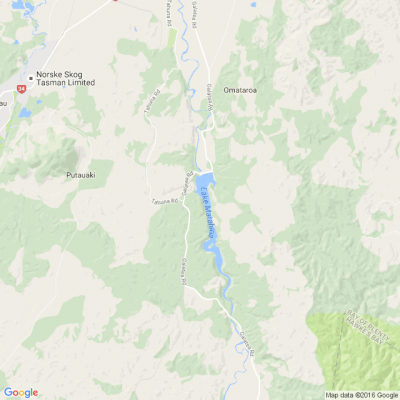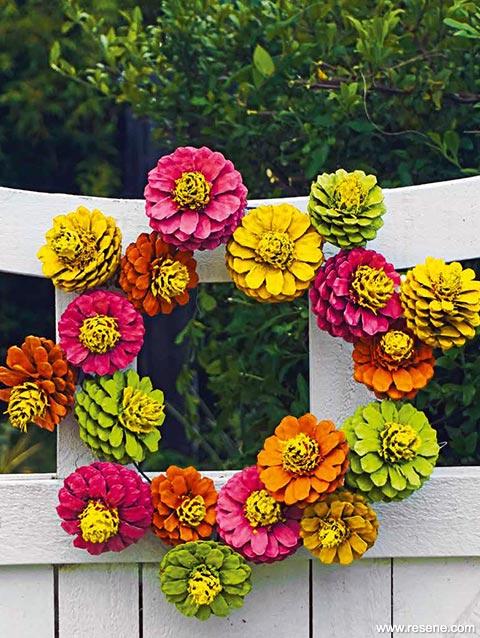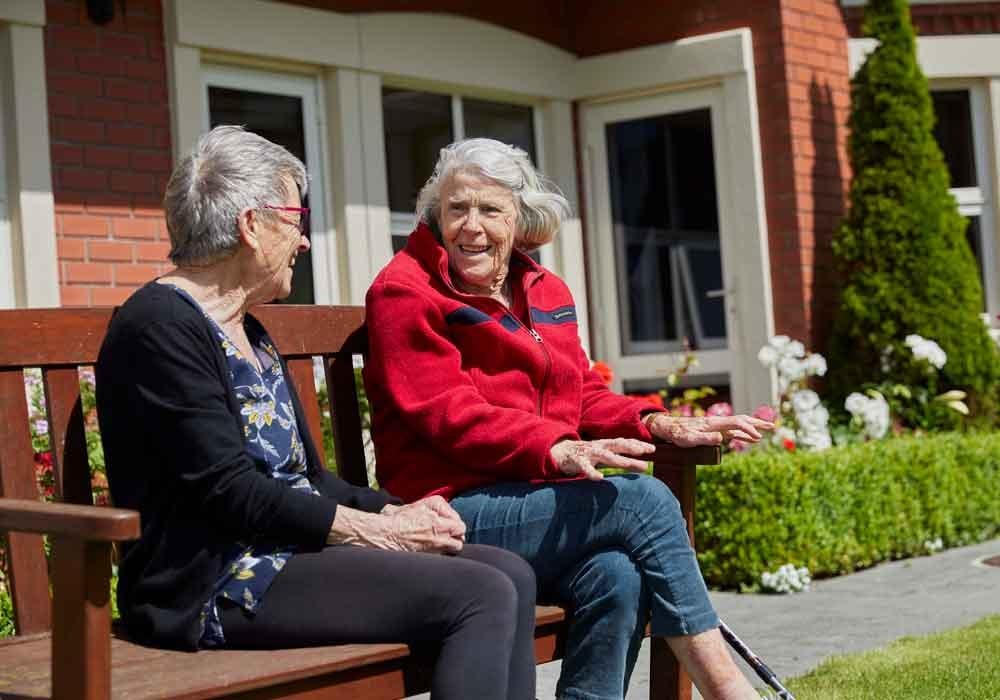
Know what’s happening
Access the private noticeboard for verified neighbours near you. Keep informed about any suspicious activity, send urgent updates to your neighbours when required and discuss emergency planning.
Get to know your neighbours
Browse the directory and start getting to know your neighbours. Don’t want to post to the whole neighbourhood? Send a private message.
Buy, sell and give away
Want to declutter your garage? Buy some used household items? Give away some garden stuff? Become a verified neighbour to browse and post items for sale. Trading is simple when everyone lives nearby.

Spread the Joy!
Do you have any festive tips your community needs to know about? Post them here!

Thank you for using Neighbourly
You may receive an email confirmation for any offer you selected. The associated companies will contact you directly to activate your requests.
Kicking back with a magazine subscription has never been better. Give the gift that keeps on giving this holiday season and save up to 33% off your favourite magazines.
There's no such thing as a one-off with a subscription to New Zealand Gardener, NZ House & Garden, and the TV Guide.
BROWSE ALL

Variety – the Children’s Charity
In neighbourhoods across New Zealand, kids are looking forward to a Christmas that may not happen.
Forced to choose between food or bills, hard-working parents like Melody worry whether they’ll be able to provide even the simplest Christmas meal for their children.
“I’ll only eat dinner… View moreIn neighbourhoods across New Zealand, kids are looking forward to a Christmas that may not happen.
Forced to choose between food or bills, hard-working parents like Melody worry whether they’ll be able to provide even the simplest Christmas meal for their children.
“I’ll only eat dinner 2-3 times a week so that the children have enough food. This is very stressful… a lot of crying and minimal sleep.”
Food insecurity is the everyday reality for 98.8% of the families Variety helps.
Please donate today to provide grocery support for families like Melody’s this Christmas.
Donate now

Daniel from Te Wiremu House Lifecare & Village
At Heritage Lifecare, you’ll find lovely people bringing compassion and joy to our residents in warm and homely environments all over New Zealand. We offer a range of care options from Respite Care to Hospital Care in an easy going, home away from home atmosphere. Let’s catch up for a cuppa.

The Team from Resene ColorShop Whakatane
Turn tradition on its head and make a summery Christmas wreath by transforming pine cones into heat-loving zinnias using Resene paint colours.
Find out how to create your own.

"This is the start of a new stage of life for many people, and there are lots of changes that go with it. As you embark on this new journey, it's important to create or review your will as your assets change and, more often than not, your will needs to be updated to reflect any … View more"This is the start of a new stage of life for many people, and there are lots of changes that go with it. As you embark on this new journey, it's important to create or review your will as your assets change and, more often than not, your will needs to be updated to reflect any changes." Greg Coyne Principal Trustee in Nelson had a chat with stuff.co.nz recently as part of our Later Life campaign.

We at Trade Me are chuffed to let you know we’ve launched our Kindness Store again for Christmas, teaming up with KidsCan, Foster Hope and Women’s Refuge .
We’ve filled The Kindness Store with the things they need most – just type ‘kindness’ in Trade Me’s search bar, and you’ll … View moreWe at Trade Me are chuffed to let you know we’ve launched our Kindness Store again for Christmas, teaming up with KidsCan, Foster Hope and Women’s Refuge .
We’ve filled The Kindness Store with the things they need most – just type ‘kindness’ in Trade Me’s search bar, and you’ll find a bunch of opportunities to give to Kiwis in need.
100% of your purchase goes directly to your charity of choice, and if you’ve been wondering what to give someone this year, a Kindness Store gift might be the perfect solution!
Just pick, click, and ‘Give Now’ – we’ll get it to the charity for you. Easy.
Learn more

With more cases of COVID-19 in the community, it’s possible you and your whānau will be exposed to the virus. Most fully vaccinated people, who get exposed, are likely to have a mild to moderate illness and will fully recover at home.
In case you or someone in your house tests positive and … View moreWith more cases of COVID-19 in the community, it’s possible you and your whānau will be exposed to the virus. Most fully vaccinated people, who get exposed, are likely to have a mild to moderate illness and will fully recover at home.
In case you or someone in your house tests positive and needs to isolate, have food, medications and supplies available. Make a plan with neighbours, friends or whānau to support each other.
If you need more help to manage at home, you can also access a COVID-19 welfare line on 0800 512 337
Find tips here
Find out more

It’s the most wonderful time of the year to…spin to win FREE FUEL!
Christmas is right around the corner, so we’re spreading the Christmas cheer with wicked fuel savings to be won – just in time for your summer roadies.
Head to spinformoolah.co.nz and give our online wheel your best … View moreIt’s the most wonderful time of the year to…spin to win FREE FUEL!
Christmas is right around the corner, so we’re spreading the Christmas cheer with wicked fuel savings to be won – just in time for your summer roadies.
Head to spinformoolah.co.nz and give our online wheel your best spin to grab some Moolah to use on your next ‘appy purchase.
Plus, head to our Facebook page to check out our 12 days of ‘appiness for your chance to win even more awesome goodies.
Find out more

We understand that home doesn’t just mean the house or apartment you live in – home is also about the people around you.
That’s why we make sure that when you move into a Ryman retirement village, you’ll find a supportive community where new friendships are formed, and residents can … View moreWe understand that home doesn’t just mean the house or apartment you live in – home is also about the people around you.
That’s why we make sure that when you move into a Ryman retirement village, you’ll find a supportive community where new friendships are formed, and residents can thrive – even in difficult times.
Whatever you’re looking for, you’ll feel at home at Ryman.

Tabitha from Newmarket
We've got all the tools you need to get geared up bit.ly/embracethefluro

Better products shouldn’t cost the earth. That’s why we’re bringing you more
sustainable products with sound credentials from global leaders like the
Forest Stewardship Council (FSC) and Better Cotton Initiative (BCI), as well
as less packaging waste.
Look in our stores or online and … View moreBetter products shouldn’t cost the earth. That’s why we’re bringing you more
sustainable products with sound credentials from global leaders like the
Forest Stewardship Council (FSC) and Better Cotton Initiative (BCI), as well
as less packaging waste.
Look in our stores or online and you’ll see more than 7,000 sustainable products that are better for the planet and your budget.
Sustainable shopping for every whanau.
Find out more

Surjit from Gisborne District
Your One-Stop Destination for all your Gadget Needs
Device Fixx is specialised in mobile repairing,IPAD/Tablet repairing, laptop / Macbook repairing,Ps4 repairing,Microsoft Surface repairing.
We have accessory also like protectors, cases, trackers, laptop bags, wireless earbuds etc.
Visit us … View moreYour One-Stop Destination for all your Gadget Needs
Device Fixx is specialised in mobile repairing,IPAD/Tablet repairing, laptop / Macbook repairing,Ps4 repairing,Microsoft Surface repairing.
We have accessory also like protectors, cases, trackers, laptop bags, wireless earbuds etc.
Visit us today @ 58 Gladstone Road near ANZ Bank.
Phone-0275743543
Email-info@devicefixx.com
Website-www.devicefixx.com

For many Kiwi families this Christmas is going to be tougher than ever - but there’s a way to help.
You can help to make Christmas a reality for families in need for every $30 donated, Christmas Box will provide a box full of essentials and Christmas treats to families in need and bring a … View moreFor many Kiwi families this Christmas is going to be tougher than ever - but there’s a way to help.
You can help to make Christmas a reality for families in need for every $30 donated, Christmas Box will provide a box full of essentials and Christmas treats to families in need and bring a little certainty to those struggling right now. Sponsor a Christmas Box today.
Know more

Soak up the sun this summer in the mighty Waikato. With so much to see and do, from Middle-earth movie magic and tonnes of family friendly fun to underground wonders, the bohemian coastal town of Raglan, gourmet delights and much more….
Check out the top 10 activities on offer in the Waikato … View moreSoak up the sun this summer in the mighty Waikato. With so much to see and do, from Middle-earth movie magic and tonnes of family friendly fun to underground wonders, the bohemian coastal town of Raglan, gourmet delights and much more….
Check out the top 10 activities on offer in the Waikato and start planning your summer adventure.
Find out more

The latest issue of our Seniors Newsletter is here. In this issue we discuss ways to stay hydrated over summer, catch up with a 73 year old fish scientist, discuss health insurance, plus much more!
Read it here now: bit.ly...

 Loading…
Loading…
Are you sure? Deleting this message permanently removes it from the Neighbourly website.
 Loading…
Loading…
© Neighbourly 2025
